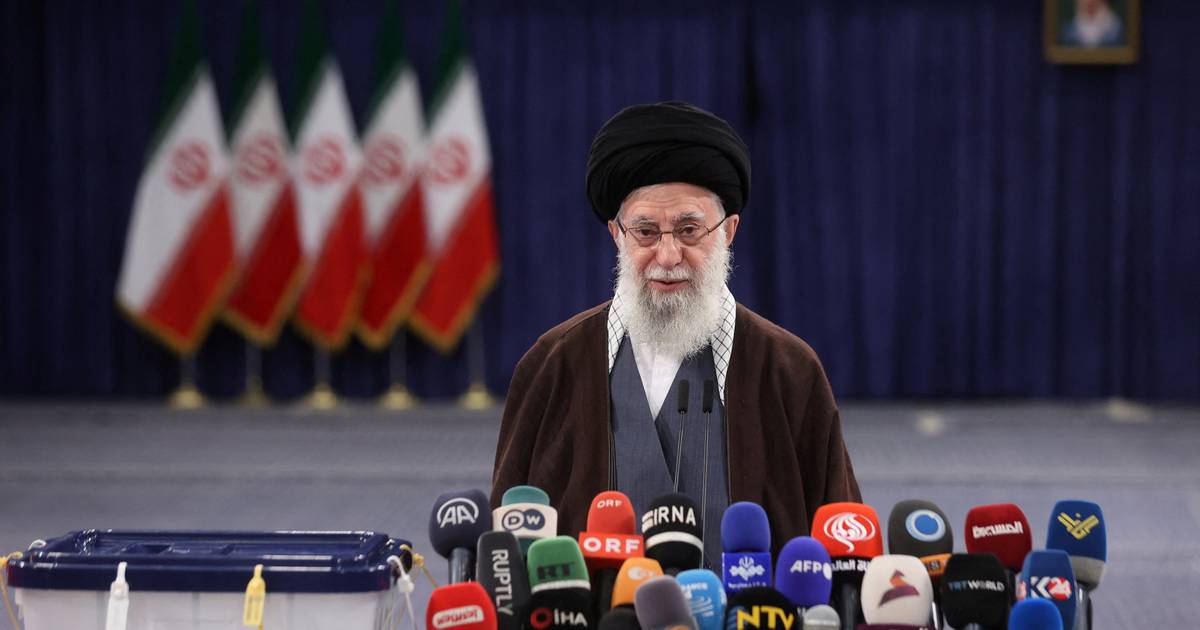President Raisi of Iran has declared that his country will not hesitate to respond to any actions taken against its interests, according to ISNA. This statement came after Israel issued a warning that it would retaliate against any attack by Tehran with drones and missiles. Raisi emphasized that any threat to Iranian interests would be met with a serious and painful response.
Meanwhile, Israeli army chief Herzi Halevi stated that Iran’s attack on Israel in response to the bombing of the Iranian consulate in Damascus requires a response. In a televised statement, Iran’s Deputy Foreign Minister Ali Bagheri Kani emphasized that Tehran’s counteroffensive, in the event of an Israeli response, would be swift and immediate, without waiting twelve days.
Over the weekend, Iran launched a drone and missile attack on Israel in response to an attack on the Iranian embassy in Damascus, which it attributed to Israel. Fortunately, the Iranian attack was intercepted and did not cause any damage or casualties. The escalating tensions between Iran and Israel continue to pose a threat to regional stability.
These developments underscore the volatile situation in the region and the potential for further conflict between Iran and Israel. Both countries have made it clear that any hostile actions will be met with a strong response, raising concerns about the possibility of a wider conflict. Diplomatic efforts and de-escalation measures are crucial in order to prevent a dangerous escalation of hostilities.
In conclusion, tensions between Iran and Israel are at an all-time high after an attack on an Israeli target in Syria led to retaliation from Tehran with drones and missiles. While both countries have made it clear that they will not hesitate to defend their interests if necessary, there is concern about the potential for further conflict leading to instability in the region.
It is important for diplomatic efforts and de-escalation measures to be implemented as soon as possible before things get out of hand. Both countries must work together towards finding peaceful solutions through dialogue rather than resorting to violence.
As such, regional leaders should engage in dialogue with each other with a goal of reducing tensions between these two nations. It is only through diplomacy that we can hope for peace and stability in this troubled region.


